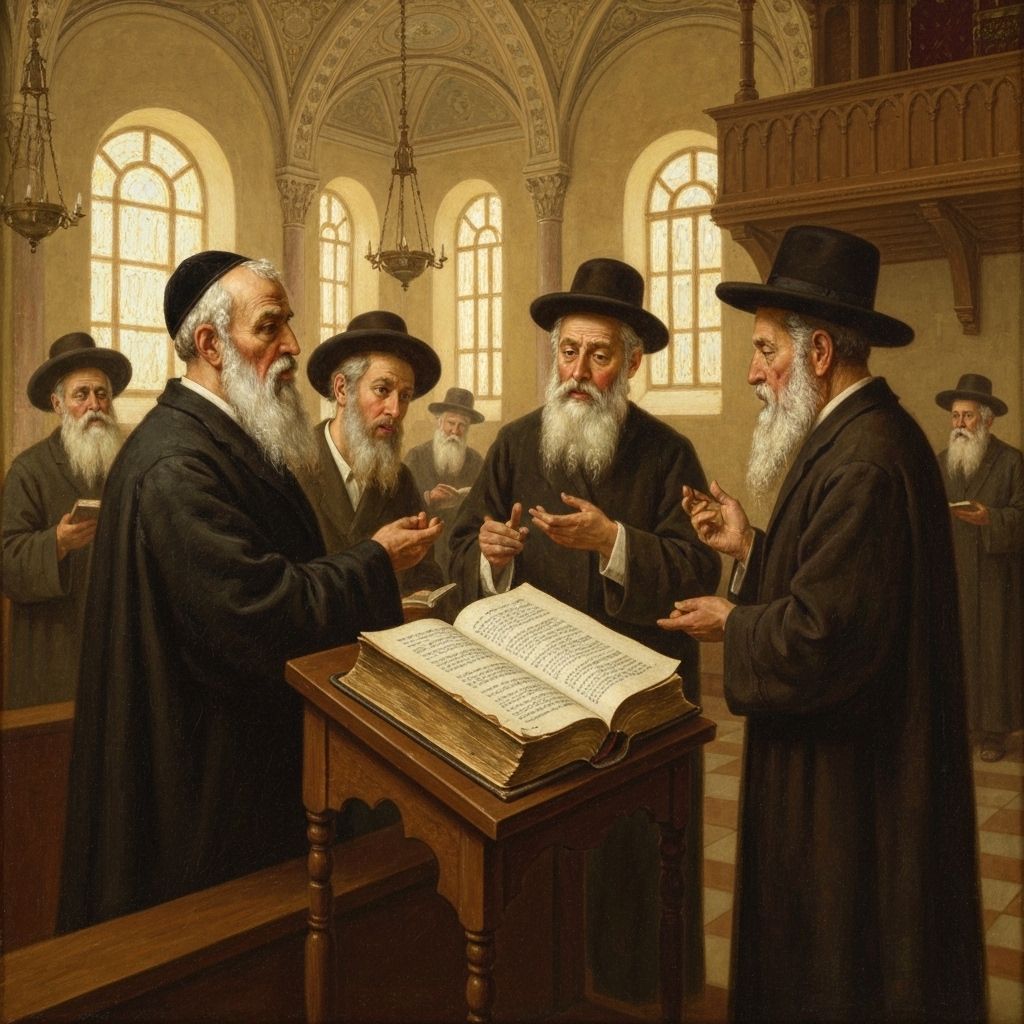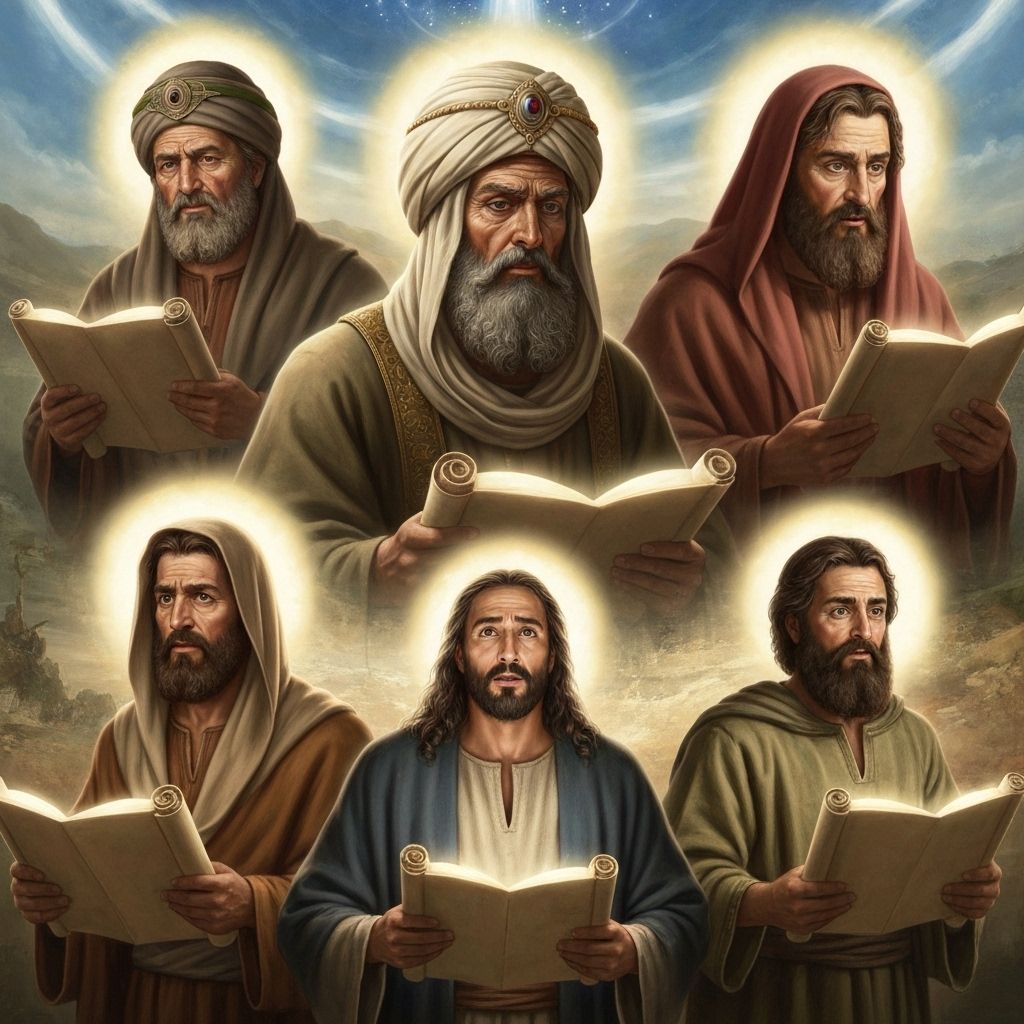3-Minute Summary
The Words of the Torah Explained with Help from Rashi and Ramban
Rashi (1040-1105) was a medieval French rabbi whose commentary on the Torah and Talmud is considered essential reading. His explanations focus on the plain meaning of the text and are known for their clarity and accessibility.
Ramban (1194-1270) was a Spanish rabbi, physician, and philosopher who provided deeper mystical and philosophical insights into the Torah, often building upon Rashi's work while adding his own profound interpretations.
Parsha Eikev continues Moses' farewell discourse, emphasizing that Israel's success in the Promised Land depends on obedience to God's commandments. The word 'eikev' means 'because' or 'heel,' symbolizing that even the smallest details of Torah observance lead to great rewards.
The parsha contains the second paragraph of the Shema (Deuteronomy 11:13-21), which promises that obedience will bring rain, fertility, and security in the land, while disobedience will bring drought and exile. This connects love of God with practical consequences in daily life.
Moses warns against the temptation of idolatry, describing how the nations will be driven out of Canaan and how Israel must destroy all traces of their idolatry. He emphasizes that God chose Israel not because of their merit, but because of His love for their ancestors.
The parsha describes the unparalleled fertility of the Land of Israel and contrasts it with the barrenness of Egypt, teaching that spiritual obedience leads to material blessing.








